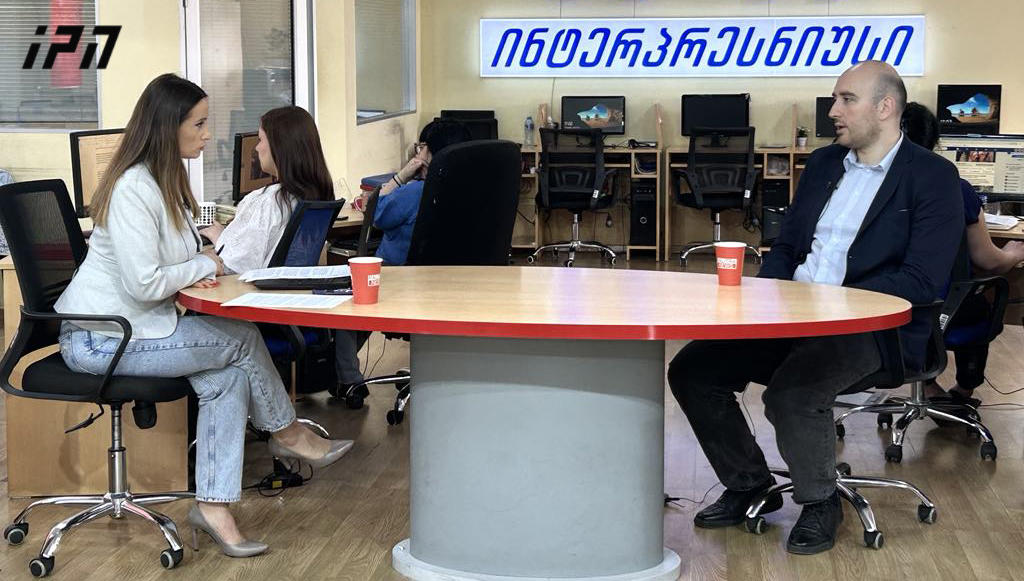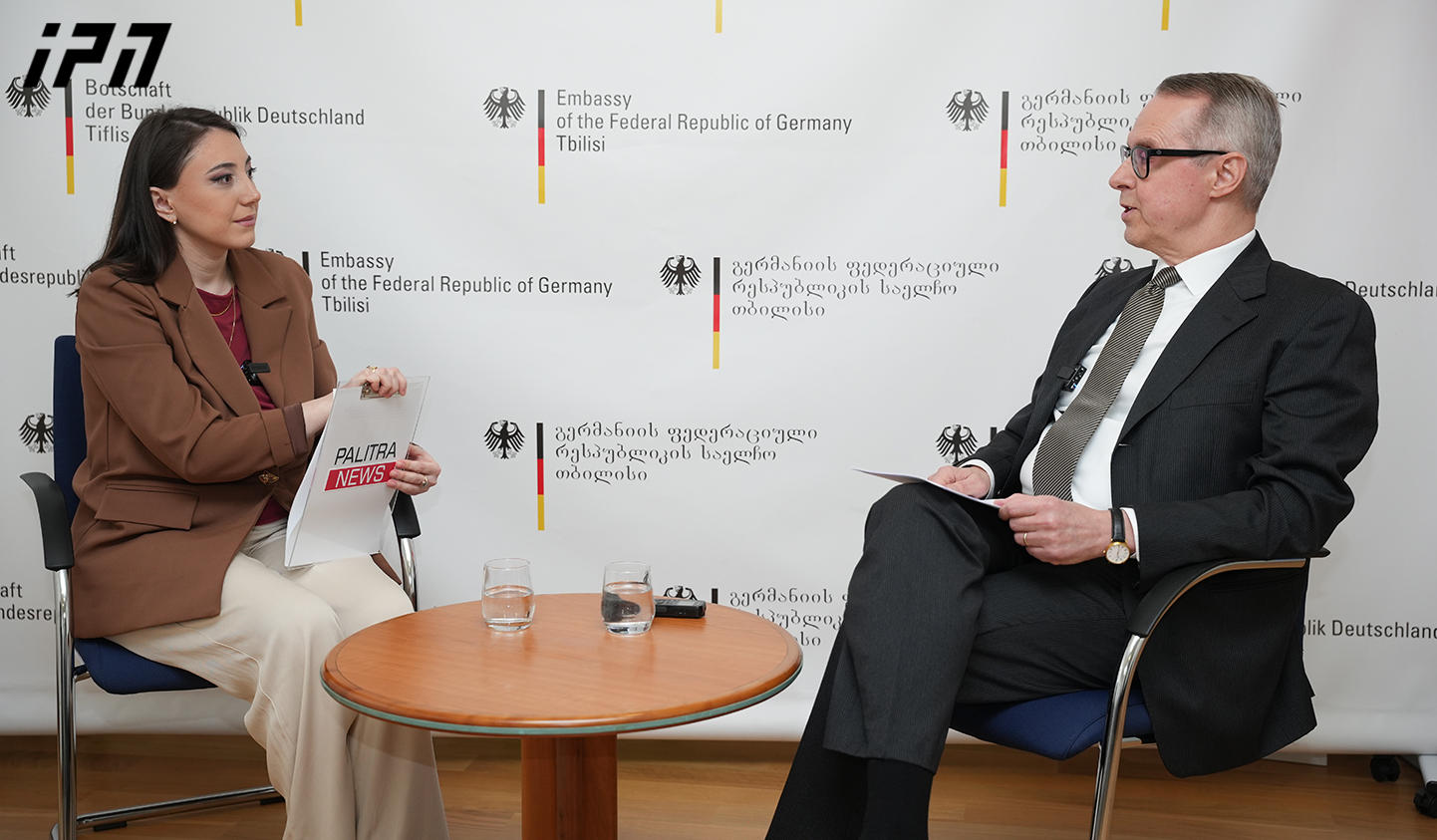Irakli Pavlenishvili: When we speak of Georgian Dream’s interference in our party, it doesn’t mean there’s a specific GD agent inside – The Security Service has mechanisms and levers - Nothing is happening internally

“When we talk about Georgian Dream’s interference, we shouldn’t take it literally, as if there is a specific person—a ‘hand’ of Georgian Dream—inside our party. The State Security Service (SSS) has other mechanisms and levers. Nothing is happening within the party. If I were lying, the public would surely see it!” – said Irakli Pavlenishvili, Deputy Secretary General of Unity – National Movement, during his appearance on PalitraNews’ “Day’s Newsroom” program, in response to Mikheil Saakashvili’s statement: “The so-called government is meddling in my party – it is desperate to remove party chairwoman Tina Bokuchava, who is causing them significant harm on the international stage.”
According to Pavlenishvili, the United National Movement has always been a target for Georgian Dream.
“The National Movement is constantly a target of Georgian Dream—be it through propaganda attacks, direct assaults, or attempts at banning the party. Regarding Mikheil Saakashvili’s letter, where he says Georgian Dream wants to remove Tina Bokuchava from the party—yes, Tina Bokuchava has been very successful on the international front. We remember her visit to Strasbourg and other engagements, which, if anyone found upsetting and irritating, it was Ivanishvili and his gang, due to the success of those visits and her international work in general. Saakashvili’s letters should be interpreted as a whole. Just a week ago, he was discussing the party’s reform vision, revitalization, openness, transparency, and the need for institutional mechanisms to be introduced. He apparently received information that these reforms might involve personnel changes, which he found unacceptable—and that’s why he made this statement.”
“There is nothing happening inside the party. If I were lying, society would notice, right? There are no signs of internal confrontation or factional strife. Nothing like that has happened in the Political Council or in any other format. When we talk about Saakashvili’s letter, it’s part of a larger message—primarily about institutional reform and party revitalization. As for Georgian Dream’s interference, the State Security Service (SSS) has many tools at its disposal. There’s no need for someone to be a publicly known figure acting under GD’s direction. The SSS has various mechanisms and levers through which it can influence internal party processes. Again, when we speak of GD’s interference, it shouldn’t be interpreted in a narrow sense, as if there’s a specific person acting as their agent within our ranks,” Pavlenishvili said.
Regarding other topics, including the Georgian government’s first meeting with the new U.S. administration, Pavlenishvili explained that certain institutional meetings will inevitably take place, as Georgian Dream is the de facto ruling force in the country.
“The country is in a political situation where a de facto government is in power—it makes decisions, controls institutions that have been captured. When we talk about international partners, we’re also referring to terrorism issues, finance, trade—topics that can’t be discussed with anyone else. This group holds real power in Georgia. So, some institutional meetings will occur; they’re inevitable. Georgia can’t be erased from the world map, even though it has a de facto regime. It still maintains institutional relations with other countries and international actors. Therefore, such meetings are expected. The important question is what will be discussed during these meetings. If the goal is to resolve real issues in the country, that won’t happen unless political prisoners are released and free elections are called. If these topics aren’t part of the discussion, the meetings will be pointless. It’s critical to talk about specific steps toward solving key problems—political prisoners and the regime’s legitimacy. Without that, any kind of cooperation with Western actors cannot be considered potentially successful. If the dictatorship continues to consolidate, if civil and political rights are eliminated, NGOs and political parties are dismantled, and the country begins to resemble others that are not U.S. strategic partners—and never have been—then it will be difficult to argue that any engagement with the U.S. can be deemed a success,” Pavlenishvili concluded.
